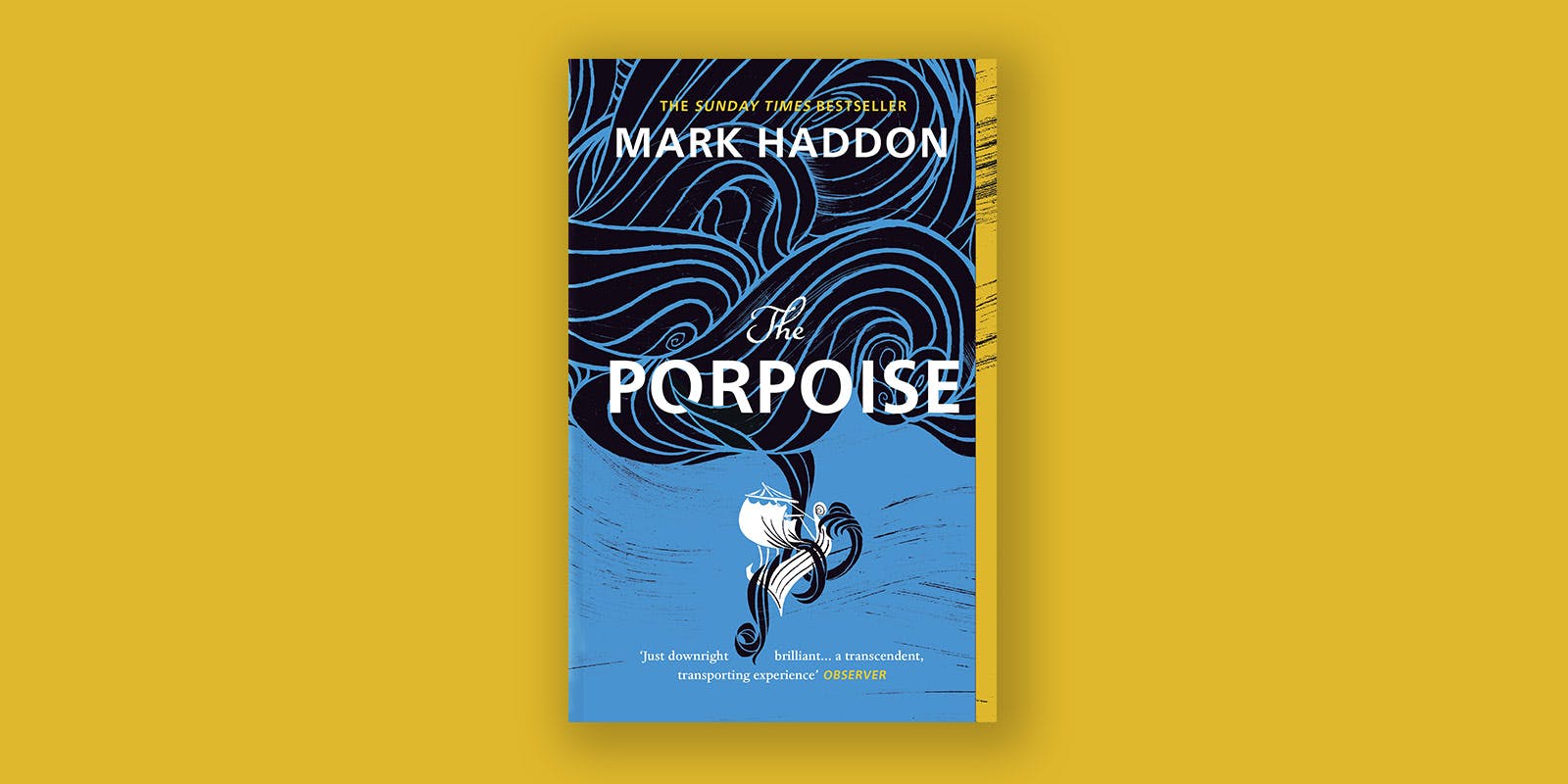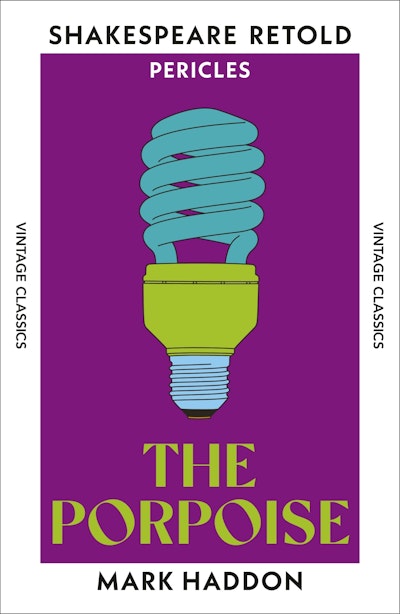Travel to ancient times and back again with Mark Haddon’s transcendent, spellbinding novel.
A horrific accident, a young girl raised by her reclusive father, an adventurer suitor, conflict a-plenty and a dazzling plotline – you can be excused for labelling Mark Haddon’s The Porpoise as ‘Shakespearean’. Because, quite frankly, it is. And storytelling riches this bountiful are squandered if not shared. Make your next book club one to remember, and kick off the conversation with our talking points below.
Discussion points and questions:
- The Telegraph reviewer described The Porpoise as a book of ‘old magic, of stories within stories, and webs of allusion… that weave their spell marvellously well’. How would you describe it, as a reading experience?
- How do you think The Porpoise plays with the conventional fairy tale narrative of a princess who needs to be rescued? What do you think Haddon is trying to say here?
- Haddon has said that he was inspired to write The Porpoise after rereading Shakespeare’s play Pericles, which he wrote with George Wilkins. In Pericles, a princess is being abused by her father, but it is presented as incest rather than abuse, with the princess equally ‘to blame’. Pericles visits them and wants to marry her until he finds out what is happening, and the play is the story of his retreat. The princess is given no name and two lines. Does knowing this affect your reaction to or interpretation of The Porpoise? What do you make of the passages with Shakespeare and his co-writer George Wilkins?
- It’s obvious to the reader that Angelica’s relationship with her father is very wrong, though she is not fully aware of it. Why is it important for such a difficult subject to be addressed in a novel in this way? What did you think of the way it was handled here?
- What do the themes of the novel show about the importance of telling stories?
- Which setting (time and/or place) did you find the most interesting?
- Although the central narrative follows Angelica’s would-be rescuer across time and space, it’s the female characters that anchor the story. Do you agree?
- The Porpoise is ‘terrifically violent, with a bright, innocent ferocity’ according to the New Yorker. Do you agree? Why/why not?
- What part does Fate have to play in The Porpoise?
- The ending is left open. Why do you think Haddon chose to do this? What is your interpretation of events?













